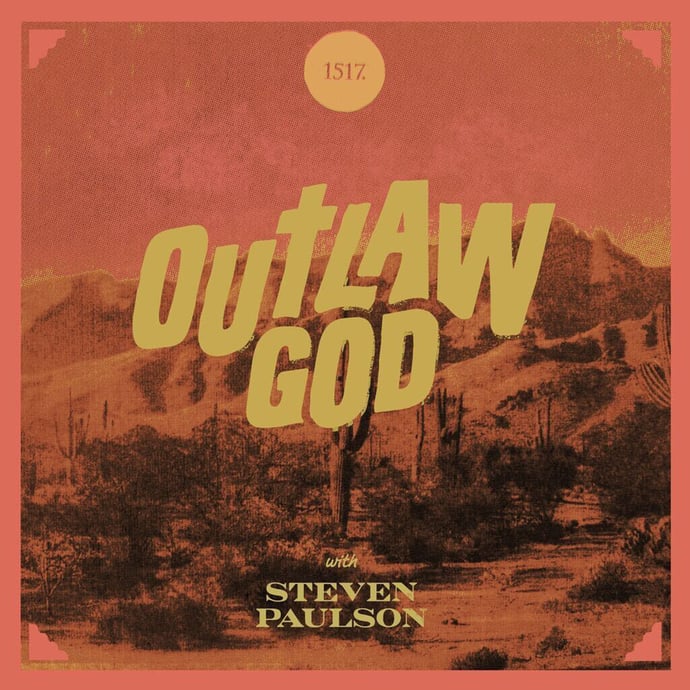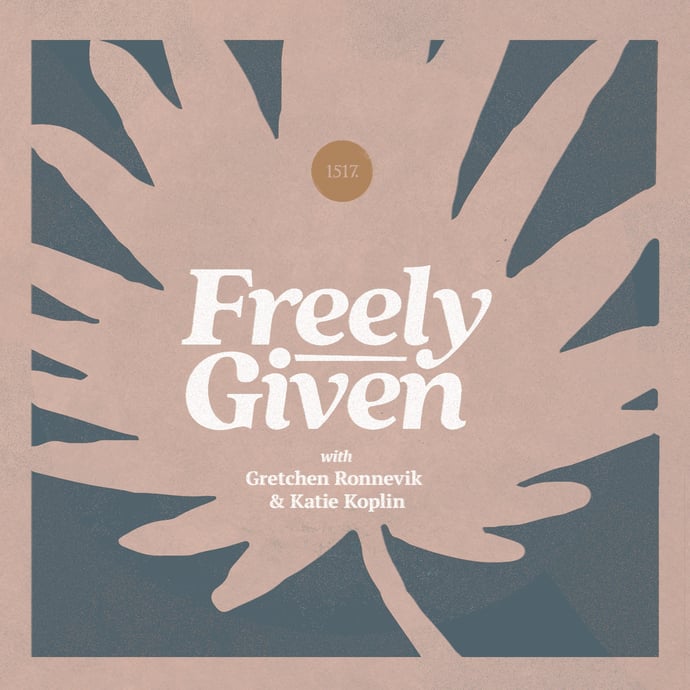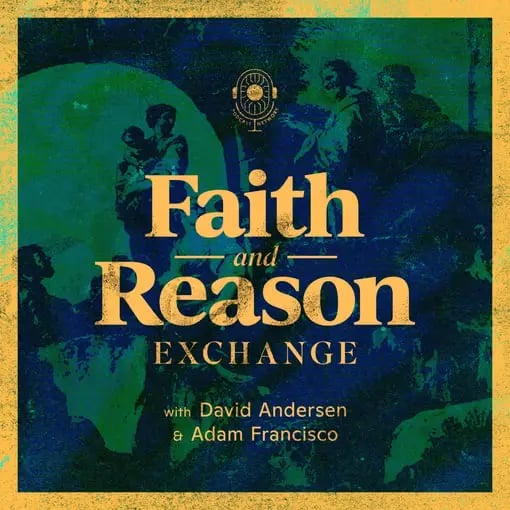God's word is not just a guide, making you desire to leave the cave and enter the world of real things.
Podcasts
Each 1517 Podcast is dedicated to delivering Christ-centered content through weekly, monthly, and seasonal audio platforms. Listen online or on your favorite podcasting app.
Author
- All Authors
- Aaron Zimmerman
- Adam Francisco
- Amy Mantravadi
- Blake Flattley
- Bob Hiller
- Bradley Gray
- Brian W. Thomas
- Bror Erickson
- Bruce Hillman
- Caleb Keith
- Chad Bird
- Chris Rosebrough
- Christopher Gillespie
- Cindy Koch
- Craig Donofrio
- Dan van Voorhis
- Daniel Deen
- Daniel Emery Price
- Darrin Sheek
- David Andersen
- David Rufner
- David Zahl
- Debi Winrich
- Delwyn Campbell
- Donavon Riley
- Doug Klembara
- Edward Killian
- Elyse Fitzpatrick
- Erick Sorensen
- Flame
- Grant Klembara
- Gretchen Ronnevik
- Haroldo Camacho
- Jacob Smith
- Jared C. Wilson
- Jeff Mallinson
- Jeffrey Pulse
- Jessica Thompson
- Jim Nestingen
- Joel Fitzpatrick
- Joel Hess
- John Andrew Schreiner
- John Bombaro
- John T. Pless
- John W. Hoyum
- John Warwick Montgomery
- Katie Koplin
- Kelsi Klembara
- Ken Sundet Jones
- Magnus Persson
- Mark Mattes
- Matt Popovits
- Michael Berg
- Michael Horton
- Nick Lannon
- Paul Koch
- Peter Nafzger
- Philip Bartelt
- Raleigh Sadler
- RJ Grunewald
- Robert Kolb
- Rod Rosenbladt
- Ron Hodel
- Sam Leanza Ortiz
- Sarah Condon
- Sarah Crowder
- Scott Davis
- Scott Keith
- Steven Paulson
- Tanner Olson
- Troy Neujahr
- Uwe Siemon-Netto
- Wade Johnston
- William Cwirla
-
Dr. Paulson discusses Plato's analogy of the Cave. He emphasizes how Erasmus used this analogy to confuse God's words of law and gospel.
-
In what way is the Church a remnant? Luther uses God's preservation of a remnant of faithful teachers and preachers throughout scripture and the Church against Erasmus and his argument that Luther stands alone.
-
Luther explains that the church embraced free will not because of Scripture but just as the Trojans embraced the Greek's wooden horse.
-
The whale has swallowed Jonah. Paulson emphasizes Luther's analysis of this text, asserting that this is not a metaphorical pilgrim's journey.
-
In this episode, Paulson explains how allegory turns all Scripture into moral or legal lessons.
-
While Katie finishes up some family stuff, Gretchen invites on Amy Mantravadi to talk about writing about the reformation.
-
David and Adam discuss how reason’s competence (with respect to the Christian tradition) has changed over the centuries.
-
Sermonator 2: Judgment Day. In this episode, we read two sermons from Gerhard Forde and Steven Paulson, then discuss preaching to bound wills, the consequences for Christians when free will sermons are preached, and what’s to be done about bad preaching.
-
In this episode of The Outlaw God, Dr. Paulson outlines the issues with deism.
-
A Total Eclipse of The Heart. In this episode, we discuss preaching to bound wills, and the consequences for both preachers and listeners, as we read Steven Paulson’s essay, Preaching Categorically to Bound Wills.
-
Riley Suffers An Aneurysm. In this episode, we discuss the topic of the will while reading Anselm’s treatise on free will and its ramifications for faith, piety, and pastoral care.



